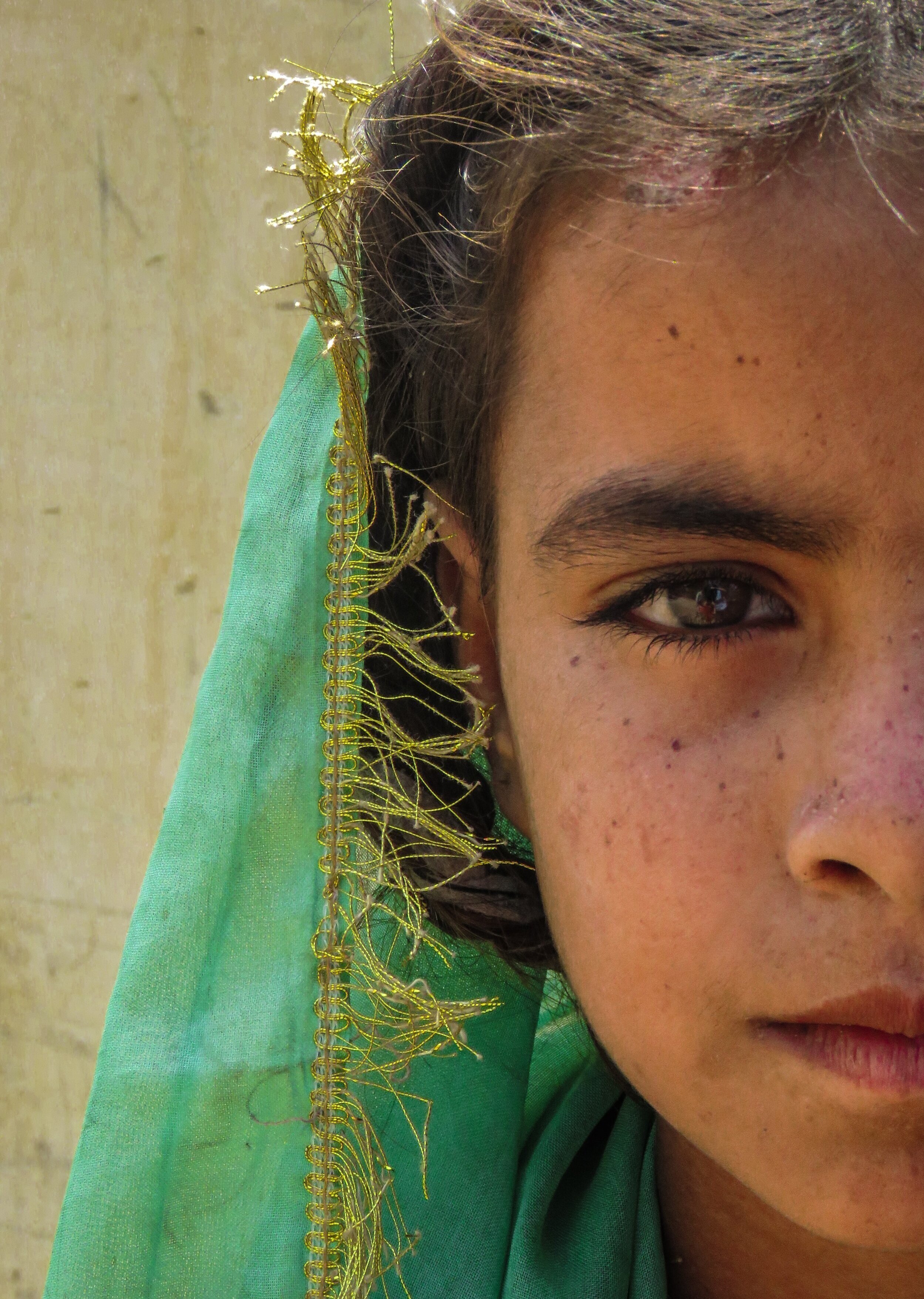
“The solar panels are the most precious gift, now my nights are not so dark. And most importantly my family is safe.” - Sanna
Sanna’s biggest challenge in coping with her condition and life, in general, is the frequent electricity outages. She never uses LED lights, since fires have erupted when the battery explodes. Thus, when the electricity shuts off due to lack of fuel, she spends most of the time in the dark, using only her phone's flashlight. When guests visit, she sometimes lights a candle, although that’s a fire hazard as well. She is careful to place it in the middle of the floor, away from flammable curtains and furniture.
"My phone is my life. When it's off, life is off," she explains. Sanna even relies on her phone to help her 6-year-old son Jamil do his homework, as well as to light his way to the bathroom at night.
One night, Jamil went to the bathroom alone, holding his mother's phone as a flashlight while she slept. Suddenly, while he was taking a shower, the phone rang—automatically shutting off the light. He screamed, crying, "Mom! Mom! Come here! I beg you, hurry up!" , Sanna woke up terrified. Fortunately, Sanna recently received what she considers a “miracle”: a Brighterlite Box system.
The Brighterlite Box solar-powered panels and devices were developed by a small team of Norwegian and German engineers. The Brighterlite box enables Sanna’s charge the family’s phones and laptops, turn on the TV, access the internet and—most importantly—keep the lights on.
After the Brighterlite panels were installed, says Sanna, she no longer suffers during the electricity blackouts. In the summer, she can use the fan at any time and her son can do his homework. Her phone remains charged, so she can make emergency phone calls. Even some of her neighbours visit her to watch TV or give her their phones to charge.
"The solar panels are the most precious gift,” she says. Now, my nights are not so dark. And most of all, they are safe."
- Sanna

What is the purpose of your organisation?
To secure access to clean energy to rural off-grid areas.
Reduce greenhouse gas emissions.
Create new jobs.
Improve health conditions.









